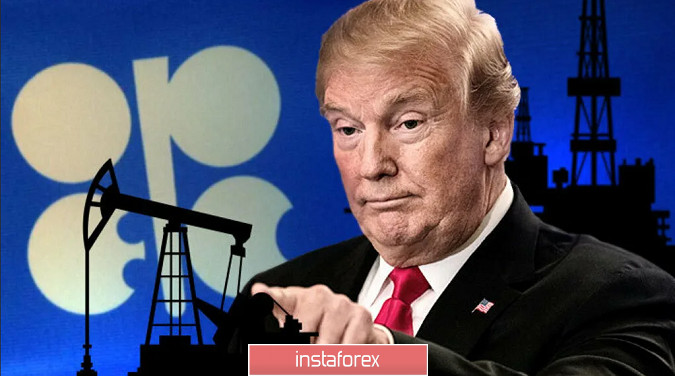
Oil prices were down about 4% on Thursday amid fears on the coronavirus, which reduced demand. Nevertheless, OPEC + intends to increase production by 1.5 million barrels a day, starting August.
"The increase in shipments, together with the return of production in the US in the coming weeks, will test the sustainability of market sentiment," said Stephen Innes, chief strategist of Global Market.
Oil is also falling due to weak US economic data, caused by Trump's proposal to postpone the US presidential election in November.
Investors resorted to risk assets due to this, as they see Trump's statement as an attack on the integrity of the upcoming elections.
"We have the potential for serious political uncertainty in the US if the timing of the election is challenged," said John Kilduff of Again Capital.
Meanwhile, the US GDP fell 32.9% y/y the largest drop in production since the government started accounting in 1947. In addition, weekly claims for unemployment benefits rose, indicating that losses are taking place in the economy.
"Trump's tweet was the last thing the market wants as we digest the horrific US GDP data again," Kilduff said.
The Trump administration is also reported to have allowed the transport of more oil from the existing Keystone pipeline to the US Midwest and Gulf Coast, despite the ongoing legal hurdles that the 10-year pipeline expansion project is facing.
The White House issued a clearance on Wednesday, and raised the limit on cross-border transportation by TC Energy Corp from 590,000 to 760,000 barrels a day. The decision came after US President Donald Trump approved TC Energy's proposal to expand the Keystone pipeline.
"This is great news for Canada's energy sector and hardworking people and families on both sides of the border," said Sonya Savage, Energy Secretary of Alberta.
Oil producers in Canada have faced a persistent shortage of export pipelines as several projects have been delayed for years due to courts and local environmental opposition.





















